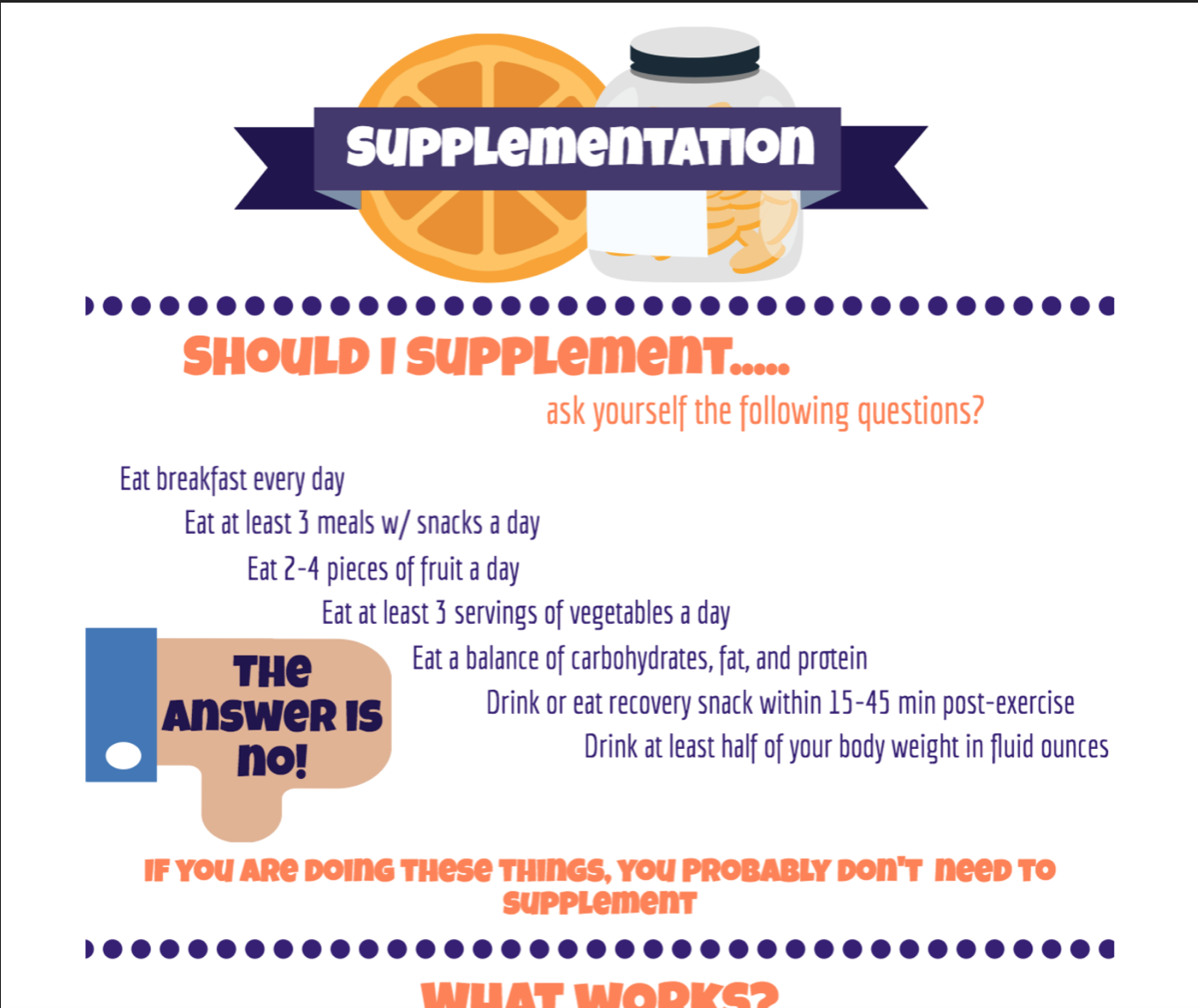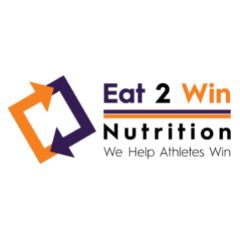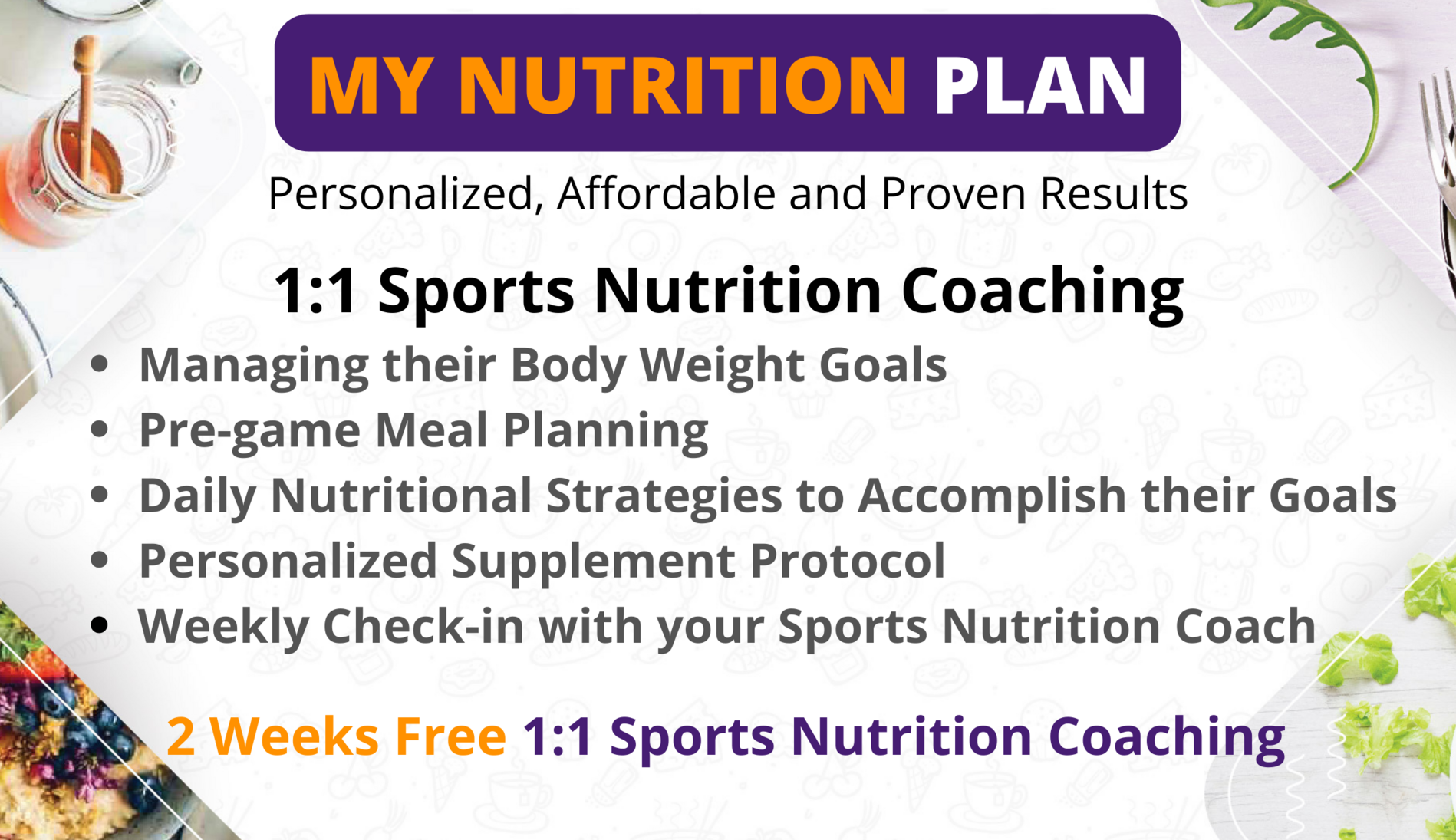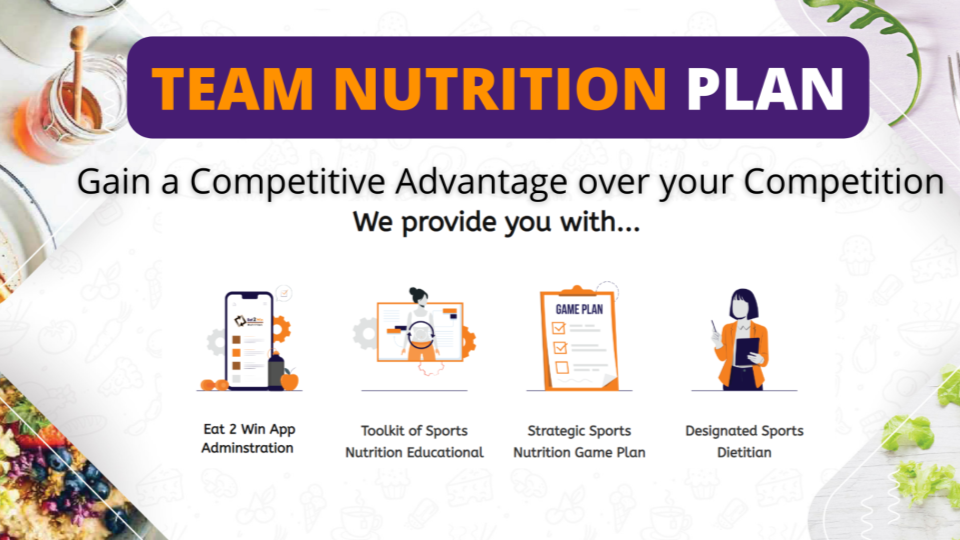Beta-Alanine Supplementation for Athletes
Next Level Podcast with Host Tavis Piattoly, MS, RD, LD
Abbie E. Smith-Ryan, Ph.D., CSCS*D, FISSN
Assistant Professor at the University of North Carolina-Chapel Hill in the Department of Exercise and Sport Science.
Abbie E. Smith-Ryan, Ph.D., CSCS*D, FISSN is an Assistant Professor at the University of North Carolina-Chapel Hill in the Department of Exercise and Sport Science. Some of Dr. Smith-Ryan's primary work has focused on high-intensity interval training, beta-alanine supplements, and creatine supplemenation. Dr. Smith-Ryan contributes to the current body of scientific literature through her many peer-reviewed manuscripts, scholastic book chapters, and international/national presentations. In this podcast Dr. Smith-Ryan answers, "what is beta alanine?" and discusses beta alanine purpose and beta alanine doses for athletic individuals.
In this podcast you will learn:
- When was Beta-Alanine discovered?
- What is Beta-Alanine and how does it work?
- Would Beta-Alanine be beneficial for an endurance athlete, strength and power athlete, or both?
- Why a large amount of pre-workout products are being formulated with Beta-Alanine and will this trend continue?
- What are the results of her research on Beta-Alanine?
- Recommend dosages for Beta-Alanine?
- How to take Beta-Alanine (Pre-Workout, During The Workout, Post Workout, or at all phases?
- Does combining Beta-Alanine with other supplements like Creatine add an additional benefit?
- What brand of Beta-Alanine consumers should look for when reading a supplement facts panel?
- The safety of Beta-alanine and whether there are any side effects from taking it?
- Safety if used by athletes under the age of 18?
Podcast Transcript
0:00 Tavis Piattoly Introduction
2:00 Dr Abbie E. Smith-Ryan Background
- Assistant Professor at the University of North Carolina-Chapel Hill in the Department of Exercise and Sport Science.
- Exercise and nutrition intervention
- Active researcher in the field of sports nutrition and exercise performance for young and old adults
- Primary work - HIIT, Beta alanine and creatine
- Has many peer reviewed manuscripts, scholastic book chapters and international presentations.
3:40 When was Beta-Alanine discovered?
- First discovered by Dr. Harris
- 2005-2006 first initial papers came out
4:18 What is Beta-Alanine and how does it work?
- Non essential amino acid, Beta form of alanine
- Can be obtained from diet (6-7 chicken breasts)
- Increase muscle carnosine levels - natural buffer in the skeletal muscle of the human body
5:20 Would Beta-Alanine be beneficial for an endurance athlete, strength and power athlete, or both?
- Potential for any athlete
- More research needs to be done
- Fatigue is a result of increase in hydrogen ions, phosphate and lactate
- Beta alanine can reduce this and potentially train at a higher volume
6:55 Why a large amount of pre-workout products are being formulated with Beta-Alanine and will this trend continue?
- Was not in pre-workouts at first, easy to add to pre workout to make it look more attractive
- Beta alanine needs to be supplemented for 2-4 weeks multiple times a day
- Taking too close to workout could result in negative effects due to saturating spinal receptors in spinal cord and skin and decrease performance.
9:43 What are the results of her research on Beta-Alanine?
- Beta-alanine works
- Over time, we might see it beneficial to people who are not athletes
- Literature supports that 2-4 minute performance range will see a benefit
- Combining with interval training, potential better body composition
- Benefits are there, but not as good as what companies are saying
- Central vs peripheral needs for beta-alanine
- Influence on cardiac tissue and heart rate but more data needed
12:38 Recommended dosages for Beta-Alanine?
- Initially started with 3.2g dose, now 6.4g per day in divided doses
- 1.6g 4x a time is optimal
- Taken with glucose or carbohydrates will help with absorption
13:30 How to take Beta-Alanine (Pre-Workout, During The Workout, Post Workout, or at all phases?
- Should be taken multiple times a day, 4 times a day ideal
14:20 Does combining Beta-Alanine with other supplements like Creatine add an additional benefit?
- Taking Beta-Alanine with creatine can have better effects overall.
15:23 What brand of Beta-Alanine consumers should look for when reading a supplement facts panel?
- Carnosyn is the best form on the market
17:10 The safety of Beta-alanine and whether there are any side effects from taking it?
- Tingling feeling can come from beta-alanine, especially on an empty stomach
- Different ethnicities can feel it more than others
- Decrease in Taurine - important for metabolic function - not a concern if diet is good
- More is not better. Example: vomiting can occur
19:45 Safety if used by athletes under the age of 18?
- It is not too beneficial for athletes under the age of 18.
20:41 Anything else people should know about Beta alanine?
- Beta alanine will continue to be studied.
- Beta alanine is not a replacement for a poor diet.
21:47 Tavis Piattoly Closing Remarks
Download Infographic









Facebook comments